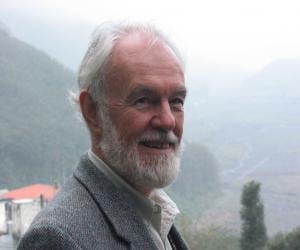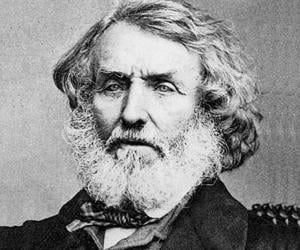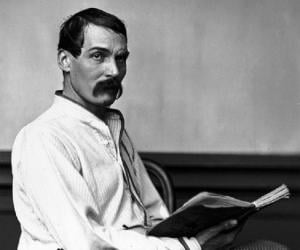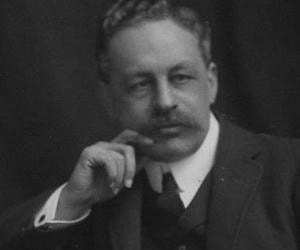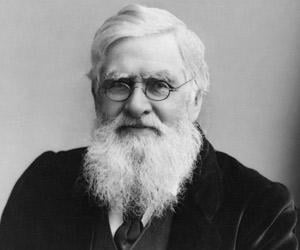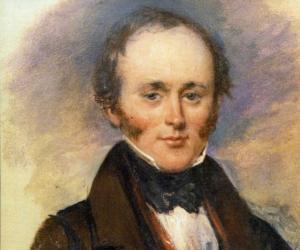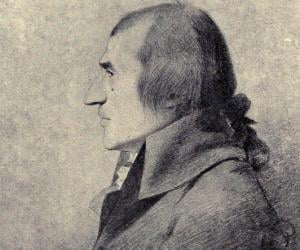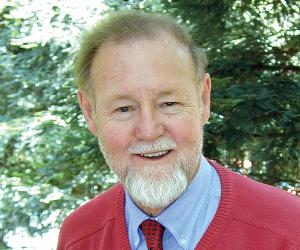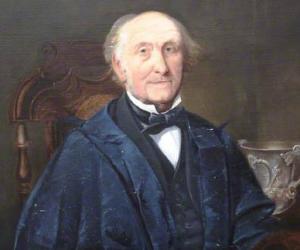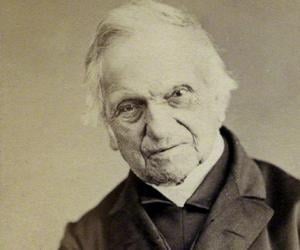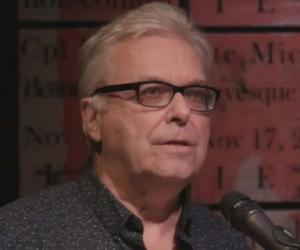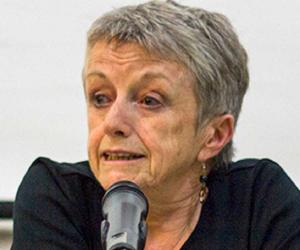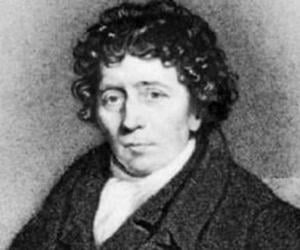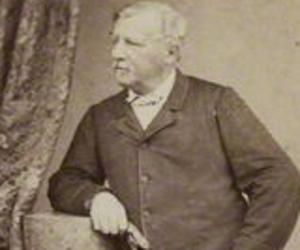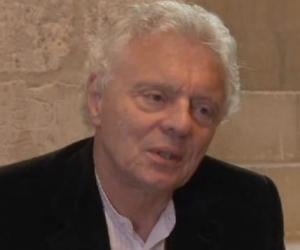1
David Harvey
(Professor of Anthropology & Geography)
Birthdate: October 31, 1935
Sun Sign: Scorpio
Birthplace: Gillingham, Kent, England
David W. Harvey is a British-American academic renowned for his Marxist analyses focusing on urban geography and the broader economy. He holds the position of Distinguished Professor of anthropology and geography at the Graduate Center of the City University of New York (CUNY). Harvey is a prolific author of influential books and essays that have significantly contributed to the development of modern geography as a discipline. He advocates for the concept of the right to the city and was recognized as the 18th most-cited author in the humanities and social sciences in 2007.
